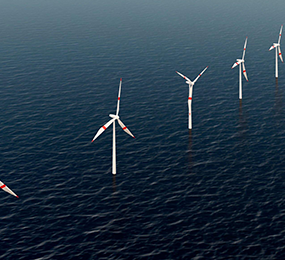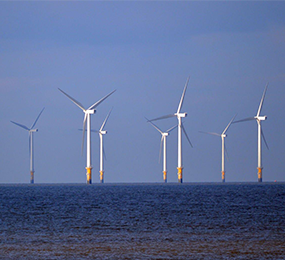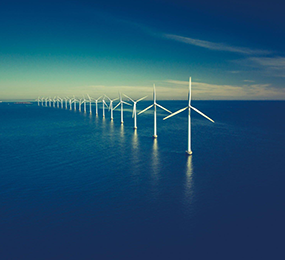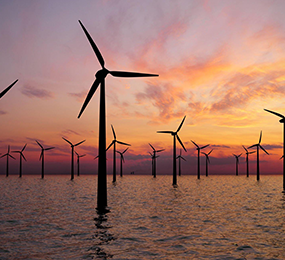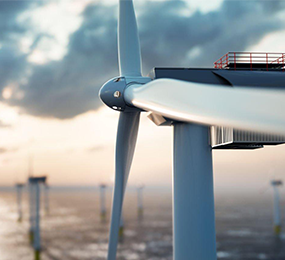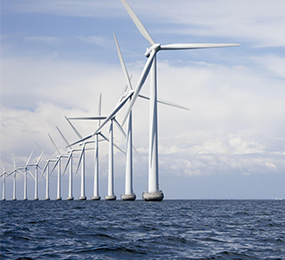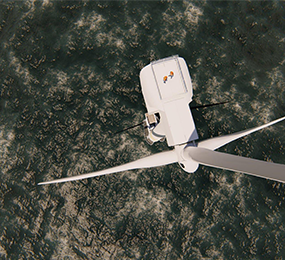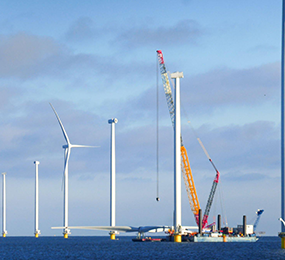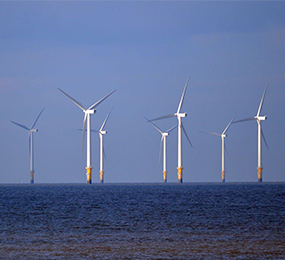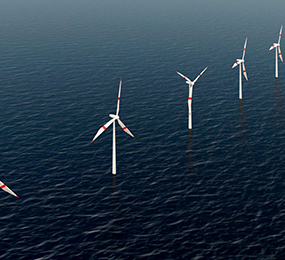Floating offshore wind energy offers a promising solution to the urgent need for clean and renewable power. However, understanding its environmental impact is crucial for responsible development. Let's delve into the potential effects of floating wind farms on marine ecosystems, habitat conservation, and overall environmental sustainability.
Minimizing Disruption to Marine Life
One of the key concerns regarding offshore wind farms is their potential impact on marine life. Floating wind turbines, unlike their fixed-bottom counterparts, have a smaller footprint on the seabed. This reduces the risk of disturbing sensitive habitats and disrupting the migration patterns of marine species. Additionally, the noise generated during installation and operation of floating wind farms is generally lower, minimizing potential disturbance to marine life.
Habitat Creation and Biodiversity
Floating wind farms can actually create new habitats for marine life. The structures themselves, along with the mooring lines, can act as artificial reefs, attracting fish, invertebrates, and other marine organisms. This can enhance biodiversity in areas that might otherwise be barren.
Reduced Electromagnetic Fields
Some concerns have been raised about the potential impact of electromagnetic fields (EMFs) emitted by wind turbines on marine life. However, studies have shown that the EMFs generated by offshore wind turbines are generally low and unlikely to have significant adverse effects on marine organisms.
A Boon for Air and Water Quality
One of the most significant environmental benefits of floating offshore wind energy is its contribution to improving air and water quality. By displacing fossil fuel power plants, floating wind farms reduce greenhouse gas emissions, helping to mitigate climate change and improve air quality. Additionally, unlike fossil fuel power plants, floating wind farms do not release pollutants into the water, protecting marine ecosystems and ensuring cleaner water for human use and recreation.
Balancing Energy Needs with Environmental Stewardship
While floating offshore wind energy offers a promising solution for clean energy generation, it's essential to carefully assess and manage its potential environmental impacts. Through responsible development, careful planning, and ongoing research, we can harness the benefits of this technology while minimizing its footprint on the marine environment.
Floating offshore wind energy presents a unique opportunity to balance our energy needs with environmental stewardship. By understanding and addressing potential environmental impacts, we can ensure that this technology plays a positive role in creating a sustainable future for both humanity and the marine ecosystems that support our planet.
To register or learn more about the Forum please check here: https://www.leadventgrp.com/events/5th-annual-floating-wind-europe/details
For more information and group participation, contact us: [email protected]


